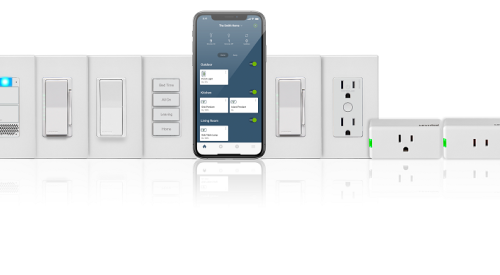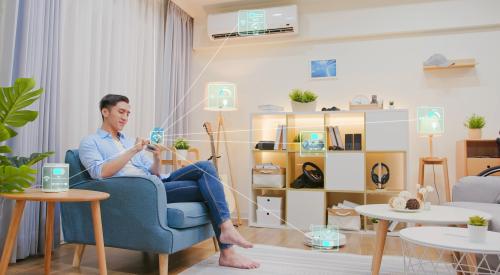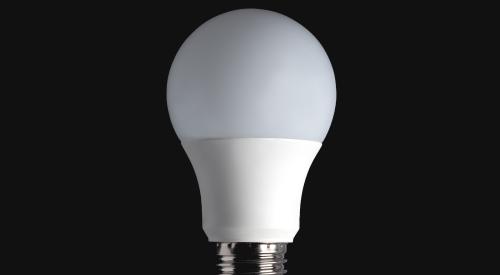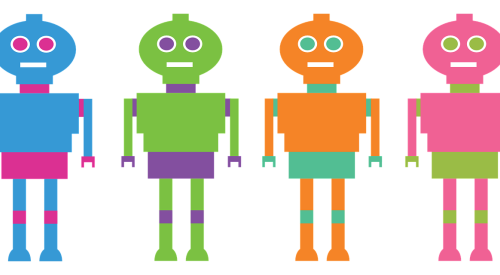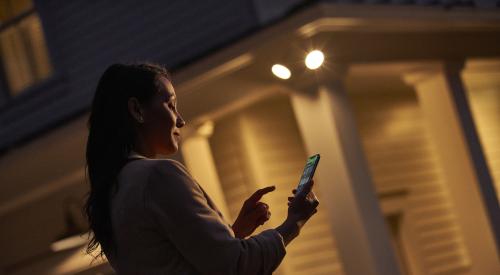Currently, about one-third of households in the U.S. have smart home tech products. By 2022, experts predict it will be more than half. Yet, consumer anxiety over data mining has not faded away.
According to outsourcing company iQor, 70 percent of consumers are concerned that hackers might gain entry into their home's smart devices, and 58 percent are worried about a lack of privacy from the manufacturers of these devices. Despite the "collective freakout" over Facebook's data usage practices, consumers continue to install devices at home that can bug and track an individual completely, writes Ronda Kaysen for The New York Times. “Pretty much anything that I say in my living room could be recorded and transferred elsewhere [by devices with speakers and microphones],” said Craig A. Shue, associate professor of computer science at Worcester Polytechnic Institute. “The risks are substantial.”
For as long as we’ve been imagining the wonders of household gadgets, we’ve been struggling with them. No sooner did Americans have TVs in their homes than Zenith invented a remote control, calling it Lazy Bones, in 1950. These were intended to make our leisure time more leisurely, but as they have become commonplace, they have contributed to our growing waistlines and marital discord. Even the Jetsons struggled with their digital devices, as automatic bed ejectors, digital breakfast makers and robotic toothbrushes caused more chaos than convenience in the cartoon’s first episode.

